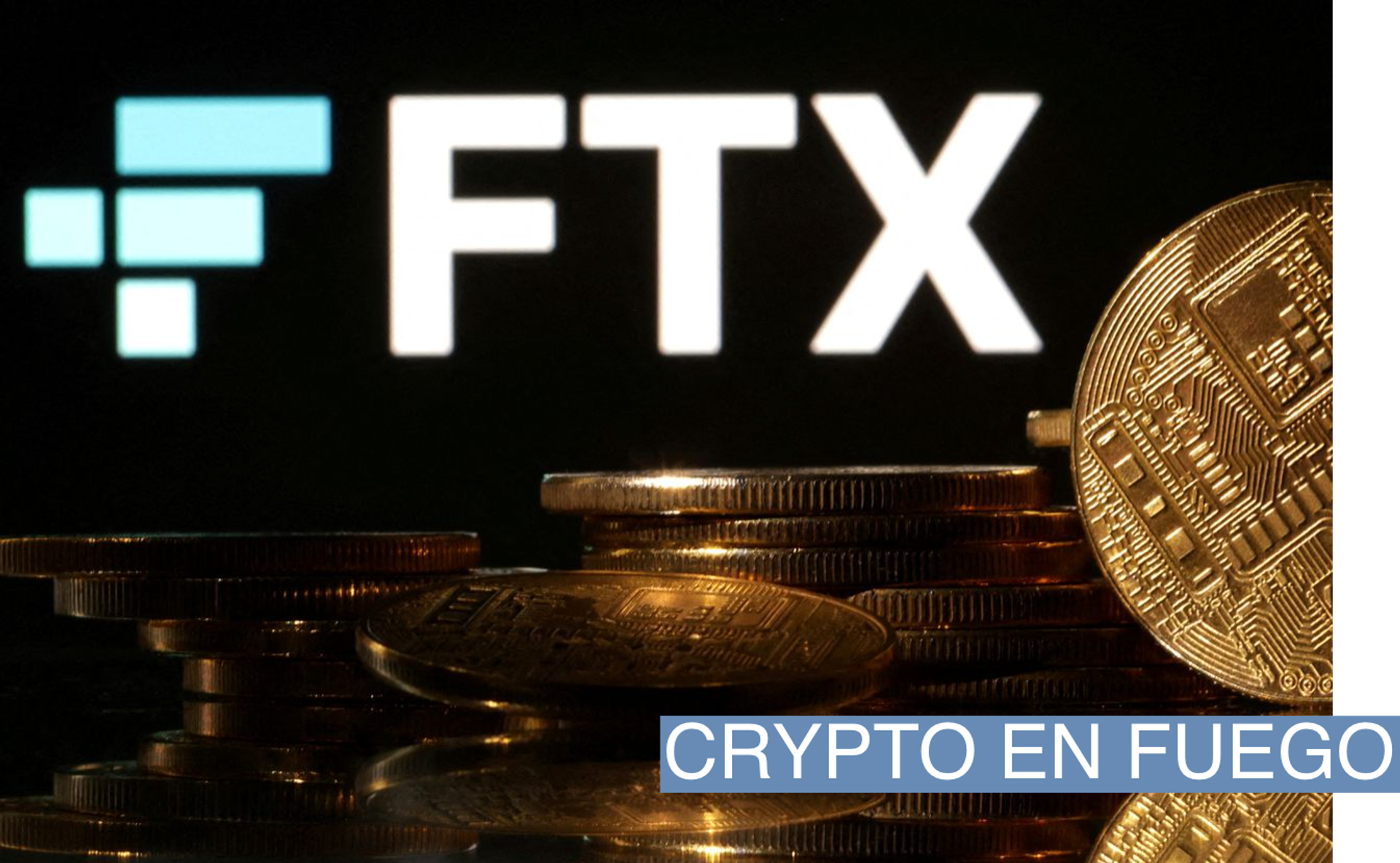The News

As the collapse of cryptocurrency exchange FTX balloons into arguably the worst financial scandal since Enron’s bankruptcy two decades ago, Capitol Hill is still grappling with a straightforward decision about the volatile industry: To regulate or not to regulate?
A bipartisan bill that would have imposed some of the first real rules on digital currency platforms appeared to be gaining momentum this summer. The legislation, from the Senate Agriculture Committee, which oversees issues involving derivatives, would hand authority to the Commodity Futures Trading Commission to oversee crypto broker-dealers like Binance and Coinbase and police the trading of digital tokens like bitcoin and ethereum.
But the legislation is now under fresh scrutiny, in large part because it was publicly backed by FTX co-founder Sam Bankman-Fried (Bankman-Fried is an investor in Semafor). The thirty-year-old former billionaire aggressively lobbied Congress to put the CFTC in charge of crypto oversight instead of the Securities and Exchange Commission, which is viewed warily by many in the industry.
The FTX connection “certainly tarnishes” the Agriculture Committee’s bill, a Senate aide told Semafor. They added that it looked as if Bankman-Fried was “trying to pick his own regulator.”
One of the legislation’s more controversial provisions would allow crypto trading platforms to self-certify that their digital tokens complied with financial regulations — such as guaranteeing they aren’t readily susceptible to manipulation. Critics say that would carry enormous risks in an industry troubled by fraud.
“You don’t want this scenario where you have crypto executives being able to create their own tokens that prop up their own investments,” the Senate aide said. “So you have a real worry around wheeling and dealing by these crypto executives because there’s such a lack of transparency.”
Some observers also argue that the CFTC is too weak to prevent a future FTX-style meltdown compared to other regulators. The agency is roughly one-sixth as large as the SEC, and is widely seen as having less experience dealing with complicated issues involving finance and fraud.
“I don’t think it would have addressed the FTX collapse,” Lee Reiners, policy director at the Duke Financial Economics Center, said of the bill.
Reiners is among the increasingly loud chorus of experts who worry that enacting watered-down crypto regulations could be worse than passing none at all. Right now, they argue, crypto’s crackup seems to be having little impact on the real economy. Weak rules could create a false sense of safety around digital currencies that nudge them further into the financial mainstream, where they’d pose more danger.
“The greater risk is in passing a bad bill, which is what I think the Senate Ag bill is,” said Reiners, who added that he’d still like to see lawmakers enact some consumer protections.
Other critics have gone further, arguing that Congress should simply sit back and “let crypto burn,” as two economists recently put it in the Financial Times. Unlike homes or oil, some argue, Bitcoin and its cousins aren’t inherently useful assets that require a functioning market for the economy to run properly, and rules that encourage consumers to purchase them will only spread the risk of fraud and collapse.
Whether any crypto-skeptics in Congress agree with that approach is unclear. Sen. Elizabeth Warren, D-Mass., called the FTX’s collapse “a wake-up call” and wants to ensure cryptocurrency firms register with the SEC.
“Regulators must enforce the law before more people get cheated, and Congress must plug the remaining holes in our regulatory structure — before the next crypto catastrophe takes down our economy,” she said in a Wall Street Journal op-ed published Tuesday.
The Agriculture committee hasn’t given up on its approach, either. A Senate aide close to the process said its bill is undergoing a “top-down” review at the moment. “We think this crisis should motivate Congress to take action and the CFTC is the place for it to be,” the aide said.